Published and translated by Winter – Dávila & Associés .
Paris, 23 February 2021.
 Co-author: David Winter
Co-author: David Winter
Lawyer in France and Spain, graduated from the Université Paris 1 Panthéon – Sorbonne (France). He has been a member of the Paris Bar since 2012 and of the Madrid Bar since 2018. He has the distinction of being a founding partner of Cabinet Montmartre, a prestigious law firm in Paris, as well as of Winter – Dávila & Associés, an international law firm composed of lawyers.

Co-author: Julien Flamand Blas
Jurist with a double degree in European Law from the Sorbonne University of Paris (France) and the Complutense University of Madrid (Spain). He is currently preparing for the entrance exam to the Paris Bar.
📍Other language versions of the article are available:
🇪🇸 Versión en Español
🇫🇷 Version Française
Would you like legal advice on sports law? Do not hesitate to contact us!
Four years after the British referendum, Brexit is going forward. The United-Kingdom has left the common market of the European Union and the custom union. But what are the direct and immediate consequences of Brexit for European football?
1- The first league isn’t part of the free circulation of European players anymore
The English Federation of football, including the first league and the second division held an emergency meeting to establish the new conditions and requirements that would apply to “new foreign players”, meaning the EU players.
This plan starts on January 1st, 2021 and was approved by the British government, it defines the criteria to allow professional football clubs to transfer players on the European market.

2 – English clubs can’t sign freely EU players anymore/ English clubs have restrictions to sign EU players
It’s important to note that by application of the article 26 of the Treaty of the Functioning of the European Union (TFUE), the free movement of people in the European territory is a fundamental principle.
Although the United-Kingdom was never part of the Schengen territory, until Brexit, football players from EU countries were freely able to come play in England (the first league was actually the championship with the biggest proportion of foreign players in Europe: 66,5%). [1]
Since Brexit, EU members now deal with the same rules as foreign members.
This follows a movement initiated since a few years, the English Federation and the “Home Office” (an executive department of the British government who deals with, among other issues, the migration issue) who strengthen the conditions to obtain a working licence for foreign players, to encourage the hatch of young English players.
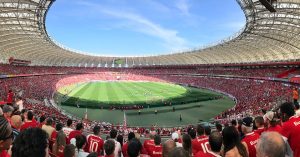
What’s the procedure to follow for foreign players to obtain a GBE?
For a professional foreign footballer player to obtain a GBE, the United-Kingdom has put in place a complex system of points which essentially depends on his selection in the national team A, from the FIFA rank of his country and his club. On the other hand, a “numerus clausus” exist for players under 21.
A system of points
Delivered according to a system of points established by different criteria:
- The number of appearances in the national team, including the selections in the national team of potentials and others ;
- The “quality” of the club selling his player (determined by the championship in which the club evolves, his rank in the championship and his progression in continental competitions).
- The number of appearances of the player in clubs, according to his tenures and minutes played in championship, cups and continental competitions.
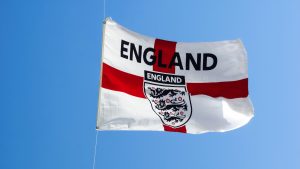
It is important to note that the players who reach a certain number of points required- 15 for the moment- will automatically obtain a working licence.
Another system exists to be directly eligible for the GBE, which concerns exclusively players of the national selection who played matches for their country over the last 24 months. This system is based on the international classification of FIFA:
- Players belonging to the top 10 national teams: they need participate to at least 30% of the matches of their national team.
- Players belonging to national teams between the top 11 and the top 20: they need to participate to at least 40% of the matches of their national team.
- Players belonging to national teams between the top 21 and the top 30: they need to participate to at least 60% of the matches of their national team.
- Players belonging to national teams between the top 31 and the top 50: they need to participate to at least 70% of the matches of their national team.
- Consequently, no player of a national team ranked outside of the top 50 [2] will be eligible by this system. This applies in Europe for the bulgarian, slovenian, finnish and greek players for example.
The numerus clausus:
In the first league, a club will no longer be able to recruit an unlimited number of foreign players under 21. This is the return of quotas: three players maximum for the MERCATO of January, et six maximum per season.
The FA, the first league and the EFL consider that this measure will permit to reenforce the attractivity of their championship and also leave space the hatch of the young British talents.

Since British championships are now not under European rules, they consequently have to apply the FIFA rules, concerning the transfer of players, and more specifically the article 19.1 which establishes that:
“In theory, the international transfer of a player is authorised only if the player is at least 18 years old.”
Therefore, the British clubs will have to review their recruitment policy, the one which consists in bringing in the young talented minors (Pogba, Fabregas, Bellerin for example) which is now not possible.
If you liked this Sports Law topic, we invite you to share the article, comment on it and also to visit the rest of publications in the social networks and platforms of Winter – Dávila et Associés
If you would like legal advice do not hesitate to contact us! (email: contact@wdassocies.com)
Original language of the article: French
Bibliography:
– Press release of the FA (https://www.thefa.com/news/2020/dec/01/gbe-points-based-system-launched-011220)
This article was published by Winter – Dávila & Associés, an international law firm based in Paris, in France, represented by lawyers specialized in sports law, corporate law, arbitration and representation.


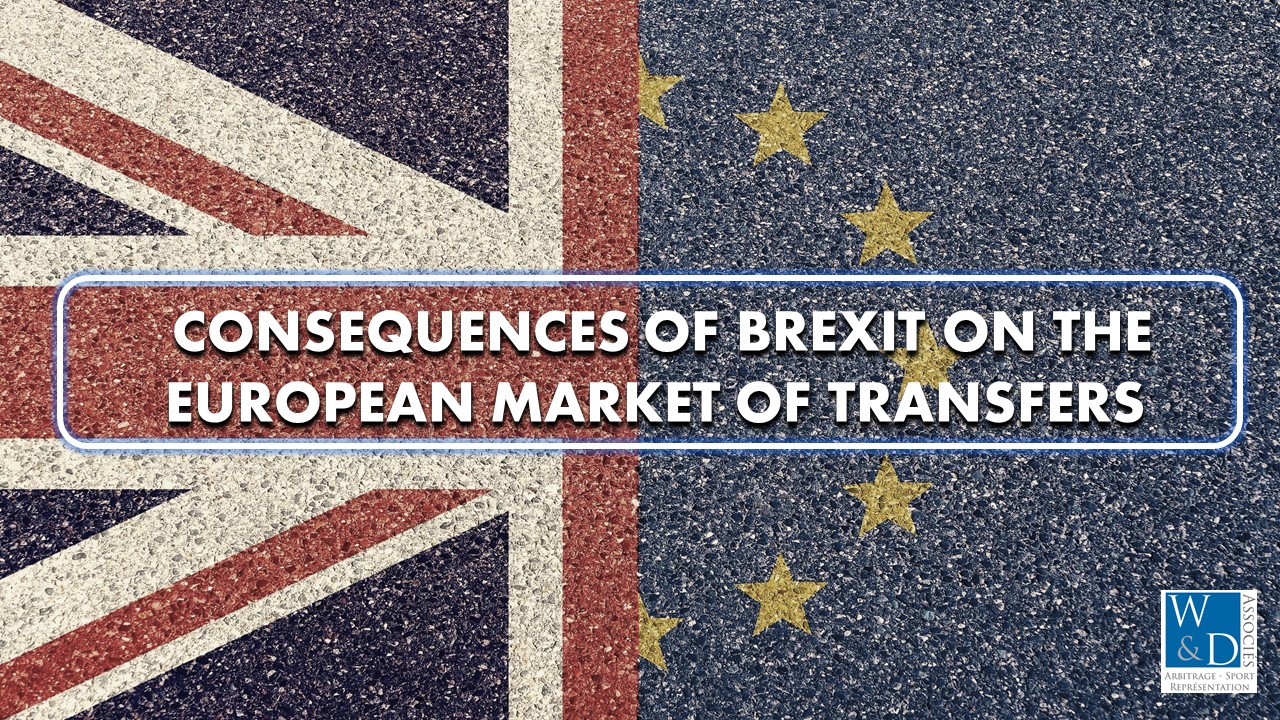
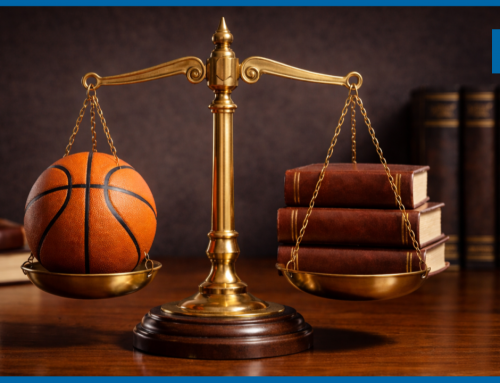
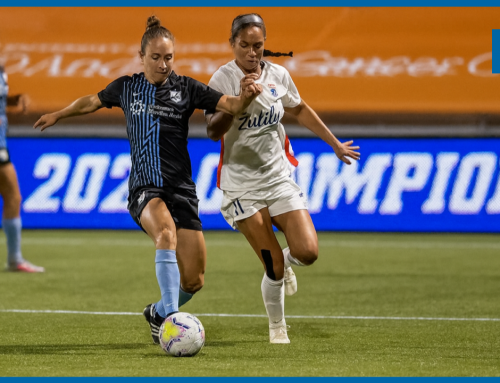



Leave A Comment